Just In
- 2 hrs ago

- 5 hrs ago

- 5 hrs ago

- 7 hrs ago

Don't Miss
- Movies
 Exclusive! Maamla Legal Hai Season 2: Here's When The Shooting Of Ravi Kishan's Show Will Start
Exclusive! Maamla Legal Hai Season 2: Here's When The Shooting Of Ravi Kishan's Show Will Start - News
 Bengaluru Finally Gets Some Rain After Scorching Heat
Bengaluru Finally Gets Some Rain After Scorching Heat - Education
 UP Board 12th Result Toppers List 2024; Check the Names, Ranks, Marks and Districts here
UP Board 12th Result Toppers List 2024; Check the Names, Ranks, Marks and Districts here - Sports
 IPL 2024: CSK coach Stephen Fleming talks about space 'owned' by MS Dhoni, calls 42-year-old heartbeat of team
IPL 2024: CSK coach Stephen Fleming talks about space 'owned' by MS Dhoni, calls 42-year-old heartbeat of team - Finance
 Elon Musk Postpones India Trip, Tesla's Indian Market Entry Delayed
Elon Musk Postpones India Trip, Tesla's Indian Market Entry Delayed - Technology
 Best Noise-Cancelling Earbuds Under Rs 5,000: CMF Buds Pro, Redmi Buds 5, Realme Buds Air 5, and More
Best Noise-Cancelling Earbuds Under Rs 5,000: CMF Buds Pro, Redmi Buds 5, Realme Buds Air 5, and More - Automobiles
 Tesla CEO Elon Musk's Much-Awaited Visit to India Deferred, Leaving Questions Unanswered
Tesla CEO Elon Musk's Much-Awaited Visit to India Deferred, Leaving Questions Unanswered - Travel
 Journey From Delhi To Ooty: Top Transport Options And Attractions
Journey From Delhi To Ooty: Top Transport Options And Attractions
What Causes Too Much Saliva In The Mouth?
Hypersalivation can make your mouth spill out saliva from the bottom lip, something that we refer to as drooling. Depending on the reason, hypersalivation can be permanent or temporary in nature. Identifying the underlying cause is the best possible treatment that can be offered to patients facing this issue.
What Is Hypersalivation?
Although not a disease, hypersalivation is treated as a sign of some kind of an underlying condition. These are usually common ailments that can be easily treated.
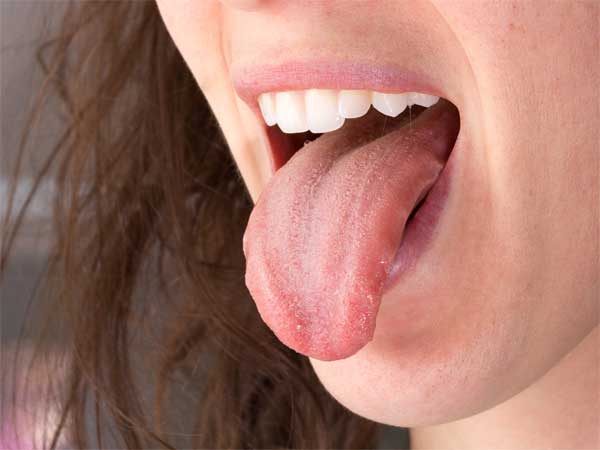
Saliva appears as a clear liquid and is produced in our mouth by the salivary glands. Saliva aids us in swallowing by moistening the food that we chew. The presence of enzymes in the saliva helps in digestion.
It also works as a means of removing germs from the mouth. It also aids in the healing of wounds. It acts as a barrier against toxins and irritants. Saliva prevents dryness of the mouth.
Saliva production for a healthy person, on an average is about 0.75 L to 1.5 L. Saliva production is at its peak when we eat and it's at its lowest when we sleep.
You might find it difficult to talk and eat if you are producing too much saliva. Hypersalivation can also cause skin infections and chapped lips. Drooling can lead to you having a low self-esteem in public.
Causes Of Hypersalivation
The following are the primary causes of excessive saliva production:

• Pregnancy:
Morning sickness and nausea during pregnancy can cause excess saliva production. The pregnancy hormones can affect how your salivary glands work.
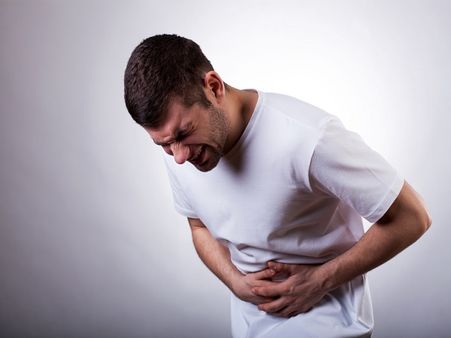
• Gastroesophageal reflux disease:
Constant reflux inflames the oesophageal lining. This triggers hypersalivation. In such cases, it is particularly called a water brash. The saliva produced in the mouth is either tasteless or something which is kind of a sour fluid.
Most Read : 7 Natural Cures For Appendicitis
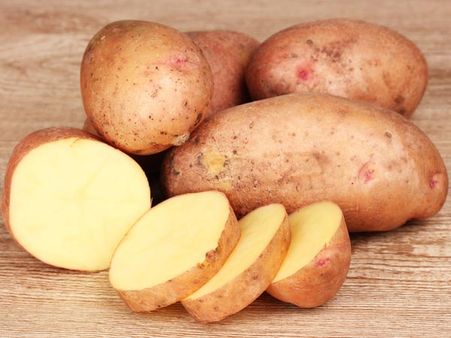
• Excessive starch intake:
Eating a diet rich in starch increases your body's saliva production.
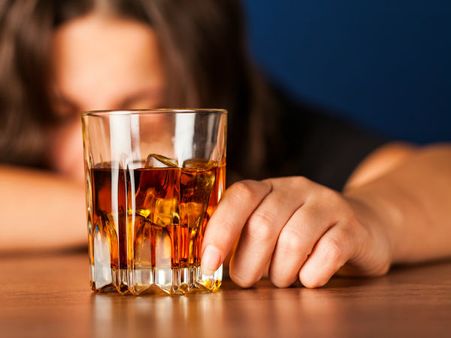
• Pancreatitis:
This is one such ailment that can cause the dysfunctionality of the salivary glands. Drinking excess amounts of alcohol over a period of several years causes pancreatitis.
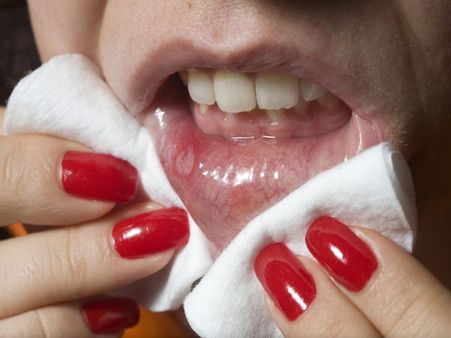
• Oral ulcers:
It is natural to salivate more when there is a pain in the mouth. So, in case of painful oral ulcers, there tends to be hypersalivation. The symptoms of such ulcers usually are a tingling feeling followed by a red bump that looks like an ulcer.

• Liver disease
The secretion of saliva is controlled by the autonomic nervous system. A liver disease can trigger the production of excess saliva.

• Oral infections:
Oral inflammation can lead to excess saliva secretion. Oral infections such as tonsillitis can cause hypersalivation. Oral infections can also be in the form of a viral infection such as oral herpes. This causes fever blisters and cold sores around the mouth region.

• Serotonin syndrome:
This is a life-threatening ailment which is characterized by excessive serotonergic activity in the nervous system. In this condition, the patient faces mental status changes, neuromuscular hyperactivity and autonomic instability. In patients with such neurological symptoms, hypersalivation is quite common.

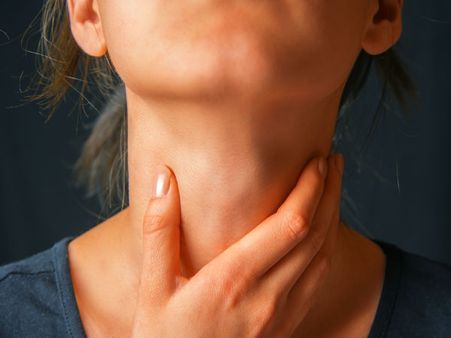
How Is Hypersalivation Diagnosed?
Diagnosis is important so that the underlying cause can be identified and treated. In some rare cases, potential causes of excess saliva production can indicate serious health complications. The following would be examined by your doctor to determine hypersalivation:
•
Your
teeth,
mouth
and
the
surrounding
skin
•
Your
swallowing
ability,
tongue
control
and
jaw
stability
•
Your
nasal
airways
•
Your
tonsils
•
Presence
of
hydration
and
hunger
•
Head
posture
•
Your
alertness
and
emotional
state
Your doctor would also ask you a few other details, some of which are mentioned below.
•
The
duration
and
time
when
hypersalivation
is
most
likely
to
occur
•
Existing
medication,
if
any
•
The
amount
of
extra
saliva
that
is
produced
•
The
ailment
being
constant
or
intermittent
•
Adverse
effects
of
hypersalivation
on
daily
life
Once the cause of hypersalivation has been identified, your doctor would take into consideration certain factors, as stated below, before finalizing a treatment for you.
•
Mental
status
and
age
of
the
patient
•
Complications
and
severity
of
the
ailment
•
Possibility
and
scope
for
improvement
•
Neurological
conditions,
if
any
•
Chronic
or
temporary
hypersalivation

How Is Hypersalivation Treated?
The underlying condition needs to be treated. Depending on the condition, the treatment could include any of the following:
•
Therapy:
Involves
speech
therapy
and
behavioural
modification.
•
Medication:
Anticholinergic
medication
can
be
prescribed
to
reduce
saliva
production.
•
Home
remedies:
Drinking
plenty
of
water
is
effective
in
reducing
saliva
production.
Rinsing
the
mouth
using
a
mouthwash
helps
in
keeping
the
mouth
dry
temporarily.
An effective treatment of hypersalivation involves administration of botulinum toxins into the salivary glands. In some rare and extreme cases, surgery might be the last and only option to treat the underlying cause behind hypersalivation.
-
 babyDrooling In Babies: Causes, Benefits, Complications, Treatments And How To Manage
babyDrooling In Babies: Causes, Benefits, Complications, Treatments And How To Manage -
 disorders cureIndia Reports First Case of Herpes Simplex Virus In COVID-19 Patient: All About Herpes Explained
disorders cureIndia Reports First Case of Herpes Simplex Virus In COVID-19 Patient: All About Herpes Explained -
 disorders cureCoxsackievirus Infection: Causes, Symptoms, Risk Factors, Treatments And Prevention
disorders cureCoxsackievirus Infection: Causes, Symptoms, Risk Factors, Treatments And Prevention -
 disorders cureDry Mouth (Xerostomia): Causes, Symptoms, Diagnosis, Treatment And Prevention
disorders cureDry Mouth (Xerostomia): Causes, Symptoms, Diagnosis, Treatment And Prevention -
 healthWorld Rabies Day 2019: Date, History, Theme And Significance
healthWorld Rabies Day 2019: Date, History, Theme And Significance -
 disorders cureDrooling: Causes & Treatments You Should Know
disorders cureDrooling: Causes & Treatments You Should Know -
 wellnessSaliva May Help Promote Wound Healing: Study
wellnessSaliva May Help Promote Wound Healing: Study -
 wellnessSaliva Protein Links Humans To Archaic Species
wellnessSaliva Protein Links Humans To Archaic Species -
 skin careThis May Sound Disgusting But You Can Treat Pimples & Acne With Your Saliva, Check How!
skin careThis May Sound Disgusting But You Can Treat Pimples & Acne With Your Saliva, Check How! -
 wellnessIf Your Mouth Is Not Producing Saliva, Is That A Problem?
wellnessIf Your Mouth Is Not Producing Saliva, Is That A Problem? -
 wellnessAre You Spitting Blood? Read This!!
wellnessAre You Spitting Blood? Read This!! -
 wellnessHow Food Gets Digested
wellnessHow Food Gets Digested


 Click it and Unblock the Notifications
Click it and Unblock the Notifications



